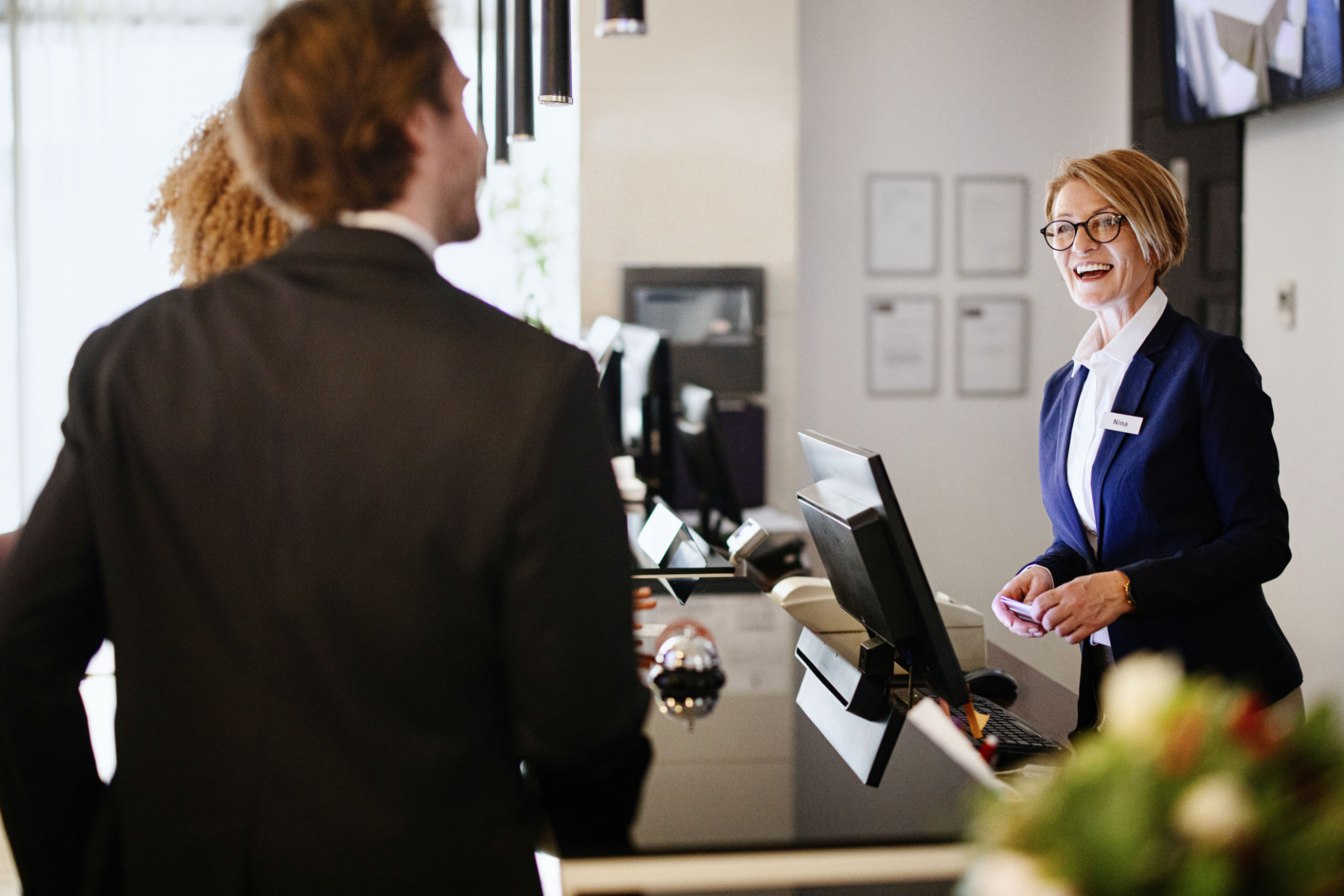The Art of Discreet Service Audits: Transforming the Luxury Hospitality Experience
ZP
The Importance of Discreet Service Audits
In the luxury hospitality industry, the guest experience is paramount. Every interaction, every detail, and every service touchpoint must be executed flawlessly to ensure guests feel valued and pampered. A discreet service audit is a powerful tool to maintain and enhance this level of excellence, allowing hotel management to gain a genuine understanding of their service delivery from a guest's perspective.
Unlike traditional audits, which can be intrusive and unsettling for staff, discreet audits are conducted in a manner that is virtually invisible to employees. This ensures that staff members act naturally, providing a true depiction of the day-to-day guest experience. The objective is not only to identify areas for improvement but also to recognize and reinforce exceptional service standards.

Conducting Effective Service Audits
Conducting an effective service audit begins with selecting the right auditor. The auditor must possess a keen eye for detail, an understanding of luxury service standards, and the ability to blend seamlessly into the hotel's environment. This requires a combination of professional training and personal finesse.
The audit process typically involves a comprehensive assessment of various service touchpoints, including check-in procedures, room service, dining experiences, and concierge interactions. The auditor evaluates each aspect against predefined criteria, noting both strengths and areas for refinement. This holistic approach ensures that every facet of the guest experience is scrutinized and optimized.

Benefits of Discreet Audits
One of the most significant advantages of discreet service audits is their ability to provide genuine insights into guest experiences without disrupting daily operations. By maintaining anonymity, auditors can capture authentic interactions between staff and guests, yielding actionable data that can drive meaningful improvements.
Furthermore, these audits foster a culture of continuous improvement. They encourage staff to consistently deliver their best, knowing that their efforts are noticed and appreciated. When employees see that their contributions are valued, morale improves, leading to enhanced service quality and guest satisfaction.

Implementing Audit Findings
Once the audit is complete, the findings should be carefully analyzed and presented to management in a detailed report. This report should include specific recommendations for improvement, as well as recognition for areas where the hotel excels. By providing clear, actionable feedback, management can prioritize initiatives that will have the greatest impact on guest satisfaction.
Implementing changes based on audit findings requires collaboration across departments. From front desk staff to housekeeping, each team member plays a crucial role in enhancing the overall guest experience. Regular training sessions and workshops can help reinforce best practices and introduce new strategies for delivering exceptional service.
The Future of Luxury Hospitality
As the luxury hospitality industry continues to evolve, maintaining exceptional standards will become increasingly important. Discreet service audits offer a strategic advantage by ensuring that hotels remain aligned with guest expectations and industry benchmarks. By embracing this art form, luxury hotels can transform challenges into opportunities for growth and innovation.
Ultimately, the art of discreet service audits lies in their ability to transform the luxury hospitality experience from good to extraordinary. By focusing on continuous improvement and celebrating excellence, hotels can create lasting impressions that resonate with guests long after they have checked out.